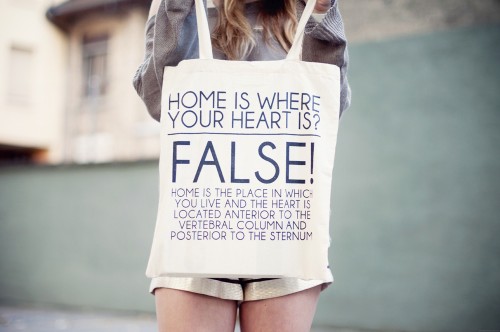Seventy per cent of us want to die at home. This rounded figure was obtained using a methodology which funeral industry practitioners may find strikingly odd: namely, by asking people what they want.
It is therefore an informative statistic. If you’re one of the thirty per cent who are happy to die in a hospital, you’re swimming against the tide. Wouldn’t you like to join the majority? Come on over.
If you do, you’ll save the NHS a small fortune.
And there’s the rub. The agencies that broadcast this stat are the ones which stand to benefit from persuading people who want to die in hospital to switch. It’s a self-serving stat. So you begin to wonder how the question was worded. Were people, for example, asked about their preferred place of death or their preferred place of care? To whom was the question put – were they well or ill?
And then you begin to wonder if that 70 per cent headline figure might have been attained by leaving out ‘inconvenient’ data. In November 2015 a scholarly article titled Do Patients Want to Die at Home? examined the effect of missing data from PPOD (preferred place of death) surveys and concluded that:
Our review shows that when missing data were excluded the majority of participants preferred to die at home. However, when the large amount of missing data were included in the analysis, it could not be stated that home was known to be where most participants with cancer or other conditions wanted to die … We do not know what locations, if any, these ‘missing’ preferences are for and we should therefore be careful about asserting that the majority of patients wish to die at home.
Years ago I discovered what % of people who had cared for a dying person at home wished to die at home themselves. I can’t find it now (I wonder why). From memory, it’s a lot less than 70%. Not really surprising, is it?



Your point is well made, Charles. Much will depend not only on how the question is posed but also to whom, and when in relation to their relevant experience(s). Quite how one might structure this to make the resultant data more meaningful is beyond me. However, I’m sure that the modern institutionalised society in which most people die away from home has,in its way, contributed to instances of funeral poverty in that experiences of deaths happening at a remove can lead to subsequent ill-preparation – and that can include lack of financial provision. That said, home deaths may well add… Read more »
Perhaps the living are the least qualified to know where they’d prefer to die, or what they may want to do when someone else does? After all, in general the living are the ones who don’t consider actual death, which leaves… well, I would suggest nobody much, apart from activists such as the authors of this blog, some of its followers, death café fans and a scattering of disparate individuals. As to dying-at-a-distance’s contribution to funeral poverty, I agree with you Michael — our relatives’ uninvolvement in the stage management of our body’s exit-stage-left can put them at a distance… Read more »